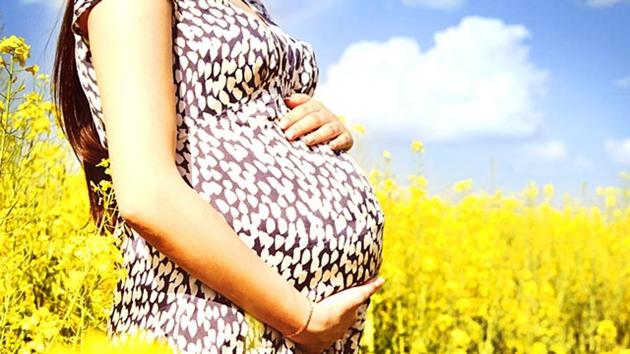ICPD @ 25: India must prioritise reproductive rights
ICPD would be a tough act to follow but when we reconvene at ICPD+25, I hope it will give us renewed fervour, energy and thought leadership to work towards the unfinished agenda
In 1994, I witnessed history in the making at the International Conference on Population and Development (ICPD) in Cairo, Egypt. The occasion marked a turning point for global women’s rights, health and development. For the first time, 179 countries, including India, came together to forge a consensus on a new approach to global health challenges. The commitment broadened the agenda of family planning and underscored that if people’s needs for family planning, reproductive health services along with other basic health and education needs are met, population stabilisation will be achieved naturally, not as a matter of control or coercion. This rights-based approach was a quantum leap from the narrow goal of limiting numbers and placed gender equality and women’s empowerment at the centre of population and development strategies and policies. Closer home, the ICPD Programme of Action influenced the National Population Policy 2000, which focused on a target-free approach to meet the family planning needs of couples. Social factors, such as age at marriage, age at first birth, education of girls for maternal and infant well-being, and promoting a basket of contraceptive choices find prominence in the policy.

A quarter of a century since the ICPD, India has made significant progress when it comes to health, mortality and fertility indicators. There has been a sharp slowing down in population growth, a decline in fertility rate, an increase in average lifespan with an increase in the working age population. We are on course to achieving population stabilisation with a national total fertility rate (TFR) of 2.2, close to the replacement level fertility of 2.1. Maternal mortality rate (MMR) and infant mortality rate (IMR) have come down to 130 and 34 in 2014-16 from 254 and 58 in 2004-06 respectively.
Looking back at this 25-year journey as against where we are at today, one is proud of the progress, but cognisant of the fact that we still have miles to go in realising the ICPD commitments in their entirety. India continues to have a high unmet need for family planning: 30 million currently married women in the age group 15-49 years and 10 million young women in the age group 15-24 years wish to delay or avoid pregnancy but do not have access to contraceptives. Despite India’s growing young population,approximately 30 million (13% of 230,146,413 female population in the age group of 15-49 years as per Census 2011) and approximately 10 million (22.2% of 47,892,689 female population in the age group of 15-24 years as per census 2011) Indian women have an unmet need for contraception.
We continue to battle the neglect of non-terminal methods of contraception, with female sterilisation accounting for 75% of contraceptive usage, among the highest in the world. Greater efforts are needed to increase male engagement and ensure women are empowered further and can exercise choices and freedom, especially in matters relating to their own reproductive health and rights.
Furthermore, India’s demographic composition has transformed significantly and this change necessitates a reinvigorated focus on young people and their needs. Today, every fifth person in India is an adolescent (10-19 years) and every third, a young person (10-24 years). Their needs and preferences will have to be met in order to ensure their meaningful contribution to the nation and the economy. While we often talk about education, skill development, and job opportunities as means of investing in youth, their sexual and reproductive health (SRH) often take a back-seat due to the associated stigma. There is a need to normalise such conversations as well as prioritise investments in SRH and family planning to adequately match the needs of a rising young population.
This November, on the occasion of the ICPD+25 Summit to be held in Nairobi, Kenya, world leaders will have an opportunity to take stock and recommit to the promises made in Cairo. India has a crucial role to play for the world to meet its family planning goals. Upholding the principles of ICPD, Ashwini Kumar Choubey, minister of state for health and family welfare, said at the pre-ICPD+25 stakeholders’ consultation held on October 18, 2019, that “India does not believe that population should be managed through force or forcible measures”. India will be represented by over a 100 participants, including policymakers, government officials and civil society representatives at the ICPD+25 summit in Nairobi between November 12-14.
As a signatory of the Sustainable Development Goals (SDGs), Indian is committed to ensure “universal access to sexual and reproductive health and rights” by 2030, under SDG global target 5.6. It is the need of the hour to reinforce actions to reach millions of young people and the 30 million Indian women who have unmet family planning needs and who will benefit from making informed reproductive choices. ICPD would be a tough act to follow but when we reconvene at ICPD+25, I hope it will give us renewed fervour, energy and thought leadership to work towards the unfinished agenda.
Poonam Muttreja is executive director, Population Foundation of India
The views expressed are personal






